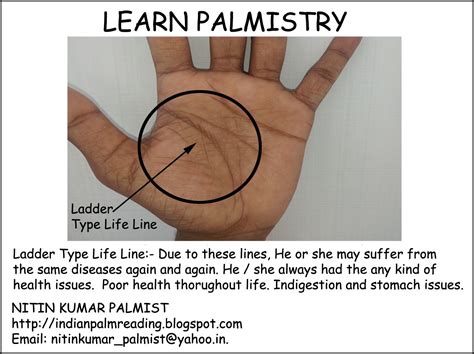The Florida Cottage Law, also known as the Cottage Food Law, is a legislation that allows individuals to operate a small food business from their homes, providing they follow specific guidelines and regulations. This law, enacted in 2011, has been a game-changer for many entrepreneurs, especially those with a passion for baking and cooking. If you’re interested in starting a small food business in Florida, here’s what you need to know about the Florida Cottage Law and how you can start selling today.
What is the Florida Cottage Law?
The Florida Cottage Law permits individuals to prepare and sell certain low-risk foods, such as baked goods, jams, and honey, from their homes. These foods are considered non-hazardous, meaning they do not require refrigeration to prevent spoilage. The law allows cottage food operators (CFOs) to sell their products directly to consumers, either in person or through online platforms, as long as they comply with the regulations set forth by the Florida Department of Agriculture and Consumer Services (FDACS).
Eligibility and Registration
To become a CFO under the Florida Cottage Law, you must meet certain eligibility criteria. Firstly, you must be a resident of Florida and operate your business from your primary residence. You are required to register your business with the FDACS and obtain a cottage food operation registration, which is valid for one year. The registration process involves submitting an application, paying a fee, and completing a food safety training course approved by the FDACS.
Allowed Foods and Labeling Requirements
The Florida Cottage Law specifies the types of foods that can be sold under this legislation. Allowed foods include, but are not limited to, baked goods such as bread, cakes, and cookies, candies, jams, jellies, honey, and dried herbs. All products must be properly labeled with the name and address of the CFO, the name of the product, a list of ingredients, and a statement indicating that the product was made in a cottage food operation that is not subject to standard inspection.
Sales and Marketing
CFOs can sell their products directly to consumers through various channels, including farmers’ markets, roadside stands, and online platforms. However, sales are limited to $50,000 or less per year. When marketing your products, it’s essential to comply with the labeling requirements and ensure that your packaging and advertising materials accurately reflect the nature of your products and your business operation.
Food Safety and Best Practices
While the Florida Cottage Law does not require CFOs to obtain a food establishment permit, it is crucial to maintain high standards of food safety and cleanliness in your home kitchen. This includes proper handling and storage of ingredients, adequate sanitation practices, and regular cleaning of equipment and utensils. Following best practices will not only protect your customers from potential health risks but also enhance the reputation of your business.
Tax Considerations
As a CFO, you are considered self-employed and are required to report your income and expenses on your tax return. You may be eligible for deductions related to your business, such as the cost of ingredients, packaging materials, and equipment. It is recommended that you consult with a tax professional to ensure you are meeting your tax obligations and taking advantage of available deductions.
Conclusion
The Florida Cottage Law offers a unique opportunity for entrepreneurs to turn their passion into a business, providing they adhere to the regulations and guidelines set forth by the state. By understanding the eligibility criteria, allowed foods, labeling requirements, and sales channels, you can start your small food business today. Remember, maintaining high standards of food safety, complying with labeling and registration requirements, and managing your business operations efficiently are key to success under the Florida Cottage Law.
FAQs
What types of foods can be sold under the Florida Cottage Law?
+The Florida Cottage Law allows the sale of certain low-risk foods, including baked goods, candies, jams, jellies, honey, and dried herbs, provided they are prepared and sold in accordance with the regulations.
How do I register my cottage food operation with the state of Florida?
+To register your cottage food operation, you must submit an application to the Florida Department of Agriculture and Consumer Services (FDACS), pay the required fee, and complete a food safety training course approved by the FDACS.
Are there any limitations on the amount of money I can make under the Florida Cottage Law?
+How do I ensure my products are safe for consumption?
+Maintaining high standards of food safety is crucial. This includes proper handling and storage of ingredients, regular cleaning and sanitation of equipment and utensils, and following best practices in food preparation and packaging.


